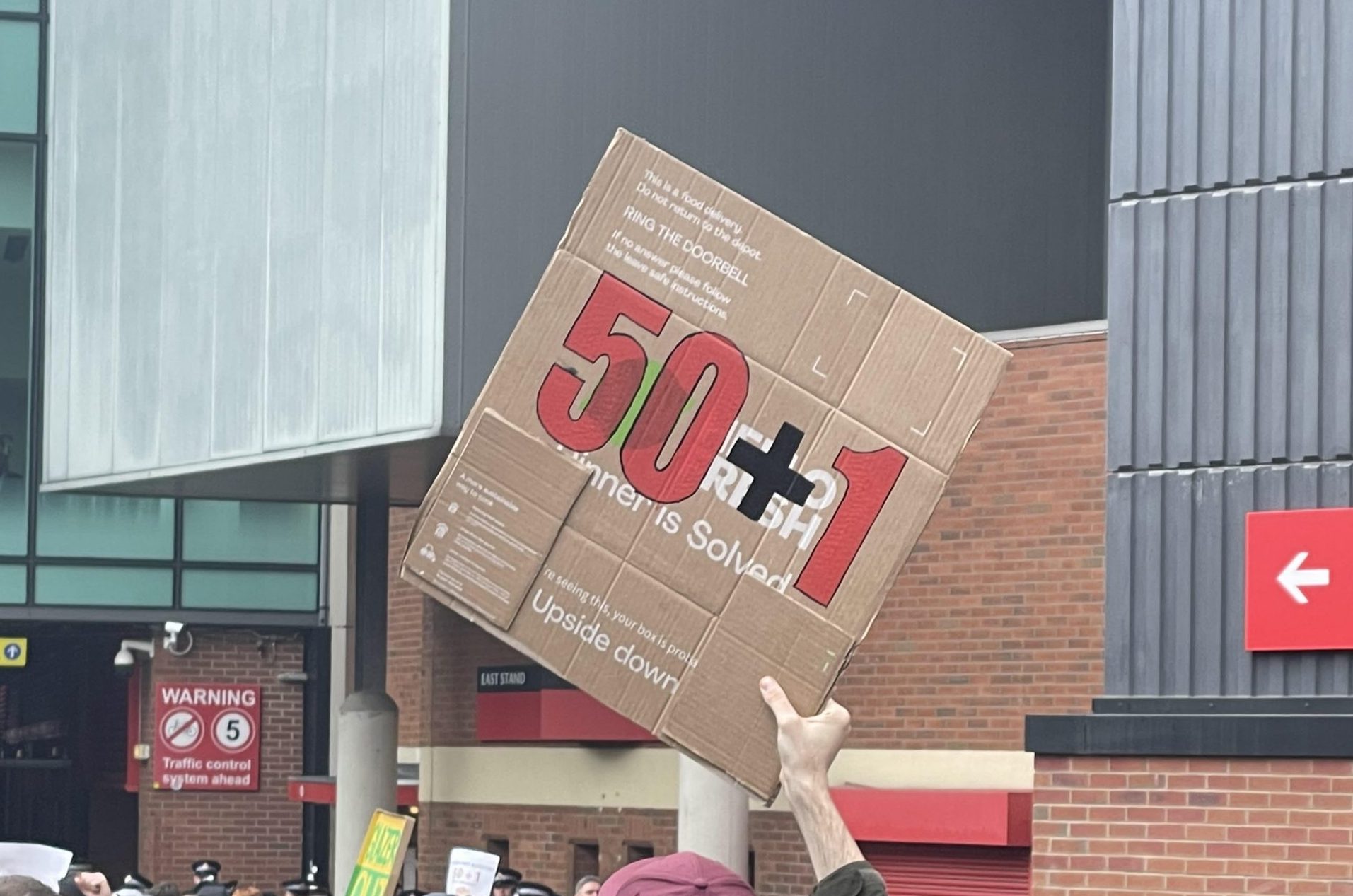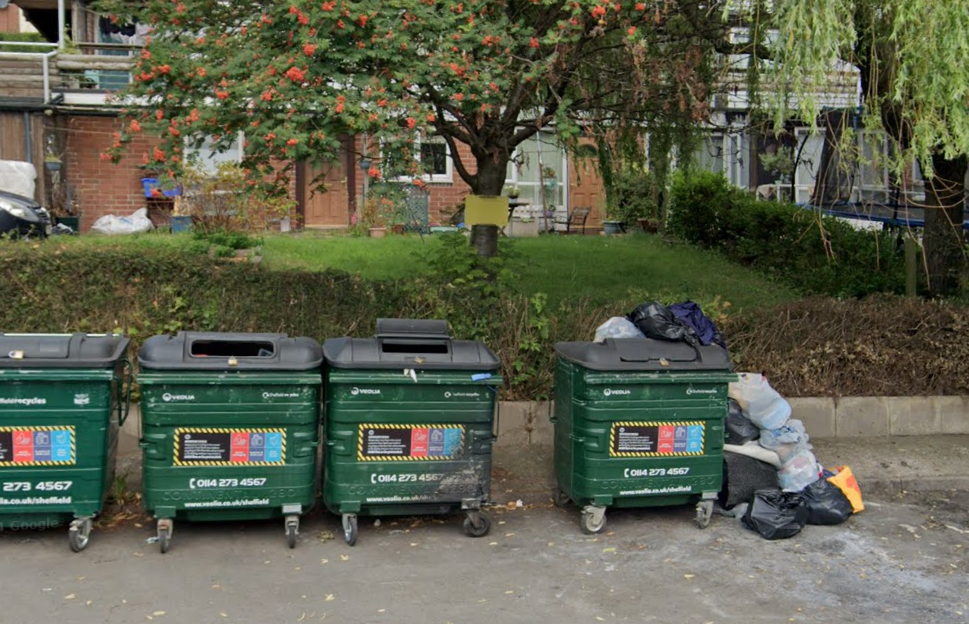It’s the question on the tip of the tongue for supporters and one that is important for the future on English football.
Protests on Sunday by Old Trafford, Manchester, underlined the issues in our game. Thousands gathered outside Manchester United’s stadium against the controversial ownership regime of the Glazer Family, who’ve taken almost £1.1 billion out of the club since their takeover in 2005.
United were a debt-free club before the American owners purchased the worldwide brand. The current bill stands at £455.5 million.

The catalyst for the anger stemmed from the proposals of the European Super League (ESL), which opened up the opportunity to change the football pyramid forever. It removed the competitive aspect of the game so many have fallen in love with. There was only one way it was going to end.
Yet, it hit the nerve of so many people. So much so, in fact, that CEO of the Football Supporters’ Association, Kevin Miles, is worried about the ideas reappearing in a more strategic format.
He said: “Unless something is done in terms of independent regulation and government legislation, it’s absolutely inevitable this will resurface again.
“What we’re seeing here is a natural consequence of football’s trajectory. More and more global interest without any commitment to the traditions of the sport. It’s all financially orientated.”
Manchester wasn’t the only location for anger to be expressed.
Scenes outside Stamford Bridge before Chelsea’s game against Brighton sparked the beginning of the end of the ESL. Similarly, protests appeared outside the Emirates stadium, where Arsenal supporters vocally chanted ‘Kroenke Out’ in the hope of removing the Americanisation of their club.
A common phrase was plastered across cardboard banners at all of these events;
“50+1”, it said.

What exactly is 50+1?
Propositions have been put forward to move to this model in England, in a government review led by Tracey Crouch, MP for Chatham and Aylesford.
However, the utilisation of this template is complex and one which wouldn’t be easy to implement, according to Freelance German Football Expert, Kit Holden.
“There are two ways of doing 50+1. The first is more traditional. Clubs like Union Berlin and Schalke have this, where you have members, who are fans, and they vote for the board and it’s pretty straightforward,” he says.
“What most big clubs including Bayern Munich have done is that they’ve basically commercialised the men’s first team and they’re the professional arm of the club.
“So that then exists as a kind of commercial body inside the broader structure of the club, which encompasses the seams and the women’s teams.
“That does, to a certain extent, weakens the power that membership has over certain decisions, such as sponsorship and things like that.
“Union Berlin fans, for example, had a big uproar about the decision they made to have a property developer on their shirt. Supporters didn’t really want that. It didn’t stop that happening, but there was enough of a backlash that something had to be taken seriously by the leadership.
“At Bayern, you can have the backlash, but essentially of a decision like that, they have little influence over commercial aspects of the club.”
Proposals being made
Legislation in England would make it difficult to implement something similar. Owners of clubs wouldn’t want to sell more than half of their stake to others.
The majority of clubs in Germany held fan ownership before becoming privatised institutions. The problem remains as to how England can implement a system which gives supporters some sort of control over key decisions at boardroom level.
In discussions that were held with Prime Minister, Boris Johnson, Kevin explains how a ‘golden share’ structure would offer fans the chance to have their voices heard.
“If you can create a company structure, which includes a golden share held by the supporters, there is a list of things you can vote on,” he says.
“It doesn’t mean the fans pick the team or decide who is going to be brought or who the sponsors are going to be. The commercial element is still left in the hands of the club. But you could have a list of things that cannot be done without the approval of that golden shareholder.
“You want some things supporters have control and can veto over. So it could be that the owner has to bring his business plan and the approval of the support is on the basis of something. The golden shareholders could then veto it and say, no, no, actually we don’t like the fact that you’re stripping so much money out of the club.
“Now, in order to get that done, that would require legislation and it would require some sort of independent regulation to make sure that clubs conform with that. This will be led by the review. I think this is probably a once in a lifetime opportunity.”
Clearly, the way to move forward is to support the government-led review. Just two weeks ago, fans were united in wanting to rid of the horrific plan by the so-called ‘big six’ clubs. If people want change at boardroom level, sticking together, both on and off the field, is the best means for transformation. Whether we see fans unite in the same way as we saw though, remains to be seen.




